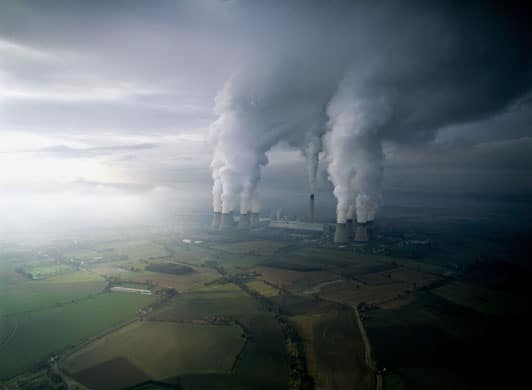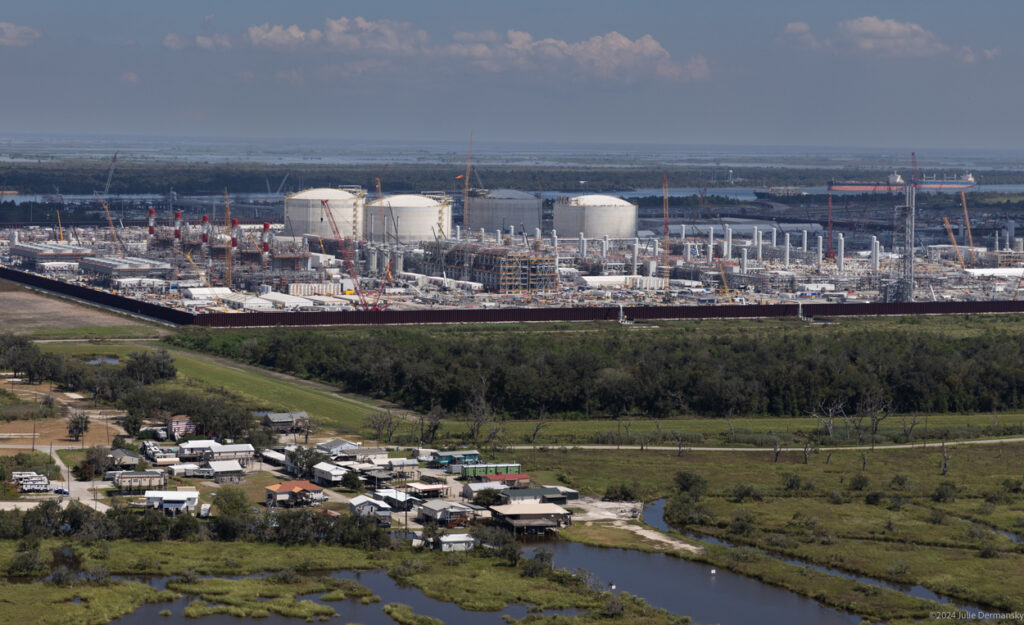The UK is one of several European governments allowing energy industry representatives to help draw up the European Union’s (EU) new air pollution standards, a Greenpeace investigation has found.
The EU is currently in the process of drafting new standards to limit pollution from coal-fired power stations. However, this “once-in-a-decade opportunity” has been captured by the coal industry Greenpeace claims and could result in “extremely lax” emission limits.
“Not only would most of the existing plants be allowed to pollute several times more than could be achieved by adopting the best clean technologies available,” the environmental NGO said, “but EU standards would also be significantly weaker than those imposed in other parts of the world, including China.”
Greenpeace analysed the backgrounds of hundreds of representatives appointed by governments to sit on a key official group that is formulating new limits on air pollution across Europe.
Industry Representatives
It found that out of 352 members of the technical working group, 183 are either employed by the energy companies that are being regulated or by lobby groups that represent those companies.
“This means, that the polluters are designing the regulations intended to govern their own industry,” Greenpeace said. “Europe is allowing the polluters to set their own standards.”
Seven EU countries in particular are responsible for the vast majority of comments seeking to weaken the emission limits: Poland, Czech Republic, Greece, Germany, France, Spain and the UK.
The UK‘s nine-person member state delegation, for example, has five representatives of large polluters, including coal power plant operators RWE, EDF and E.ON and the Stanlow oil refinery.
“These countries are among the largest sources of coal-fired power plant pollution in Europe, causing significant health impacts and costs on their citizens and on the citizens of neighbouring countries,” Greenpeace said.
The draft proposal shows that EU industrial air pollution limits currently under consideration are much weaker than those adopted by China, Japan and the Unite States.
It also shows that existing coal power plants, both within and outside Europe, already have much more demanding emission limits than would be required under the proposal. The proposal would also allow much more pollution than would result from the use of the best technologies currently available.
“This is a classic case of allowing the fox to guard the henhouse,” said Lawrence Carter, a Greenpeace campaigner. “Coal companies should be nowhere near these talks.” Carter explained that in dozens of cases, members of staff from coal-burning firms are also taking part in the process, “not as formal industry representatives, but as government delegates appointed by the member states”.
Coal Pollution
Coal plants are one of the largest sources of toxic pollution in Europe. They are the largest source of sulphur dioxide and mercury emissions in Europe and one of the largest industrial sources of emissions of nitrogen oxides, arsenic, lead and cadmium.
Exposure to particular matter, as found in coal emissions, is the largest environmental health threat in Europe, according to the European Environment Agency. It increases the risk of death from heart disease, respiratory diseases and lung cancer as well as shortening life expectancy by 6–12 months.
Research from Stuttgart University commissioned by Greenpeace, shows that air pollution from European coal-fired power stations caused an estimated 22,300 premature deaths in 2010 as well as exacerbating asthma and contributing to dangerous levels of mercury found in the blood of thousands of babies born in Europe.
Just last week, Ed Davey, Secretary of State for Climate Change and Energy, said that the UK hasn’t done enough to tackle air pollution, which he said is “more significant to public health than alcohol or obesity”.
“Coal is the near-term climate change problem,” Davey said, calling for Britain to become a zero-carbon nation by 2050. To do so, he argued, the country must stop burning unabated coal by 2025.
Photo: thewritingzone via Flickr
Subscribe to our newsletter
Stay up to date with DeSmog news and alerts







